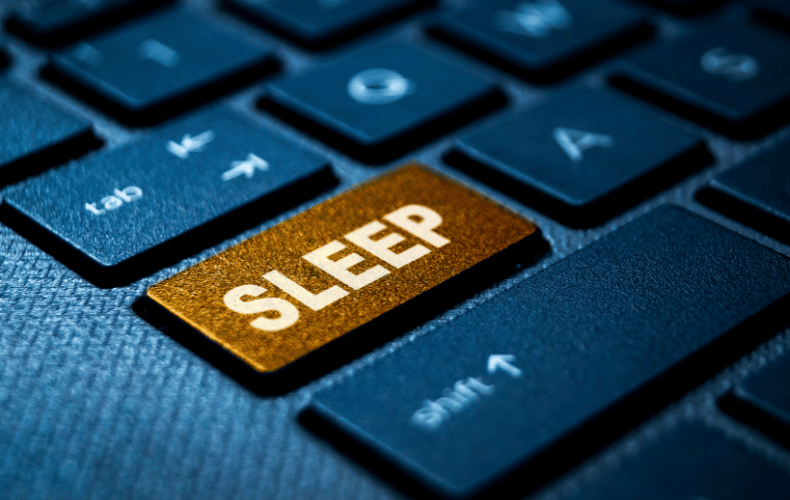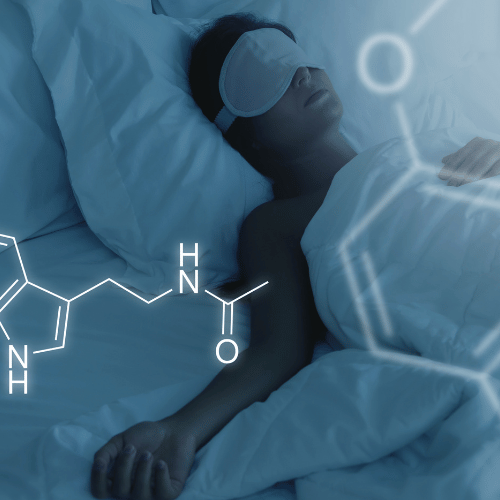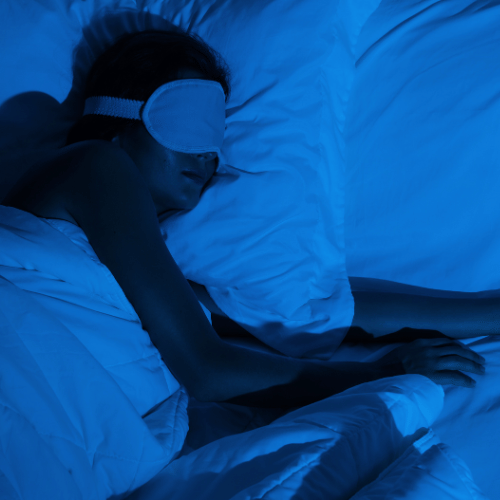- admin
- May 10, 2024
- No Comments
Sleep is very important for health, but many people have trouble sleeping, being uncomfortable at night, or having chronic pain, all of which can greatly affect their quality of life and overall health.
In the search for relief, sleep supplements have become popular among people who want to sleep better without taking prescription drugs.
In this article, magnesium and iron supplements are talked about as possible ways to help with these sleep problems.
A good night’s sleep is not a given for many people. Problems like insomnia, restless nights, and pain that wakes you up during the night can make you very tired during the day, less productive, and even affect your mental health. Lack of sleep on a regular basis is linked to many health issues, such as:
- Depression
- Heart disease
- Weak immune system
Looking for better sleep isn’t just about feeling rested; it’s also about making your life a lot better.
Supplements for sleep are made to help you sleep better by adding to the chemicals and nutrients in your body that help control your sleep patterns and make you feel calm. Supplements like iron and magnesium are some of the most talked-about in this group:
- Magnesium for Sleep: Magnesium is a mineral that is important for heart health and brain function. It is also a key part of sleep. By turning on the parasympathetic nervous system, it helps calm the nervous system and gets your body ready for sleep. Brain chemicals called neurotransmitters and hormones that control sleep cycles are both controlled by this chemical. Because magnesium can calm and relax muscles, it can also help people who have trouble relaxing at night.
- Iron and Sleep: Not getting enough iron has been linked to restless leg syndrome, a condition that makes your legs feel bad and makes you want to move them a lot, which can make it hard to sleep. For people who are iron-deficient, taking iron supplements can help ease these symptoms, which can lead to better sleep.
Sleep supplements can help you in a number of ways when you use them at night:
- Improved Sleep Quality: Supplements like magnesium help improve the quality of sleep by making it easier to relax and lowering the number of times you wake up at night.
- Reduction in Sleep Latency: With the right supplements, you can shorten the time it takes to fall asleep, which can help people who toss and turn a lot.
- Pain Relief: Some supplements can help people whose pain keeps them from sleeping by relaxing their muscles and easing mild pain.
- Non-Habit Forming: Unlike some sleep aids, supplements usually work more slowly and without making you dependent on them.
If you’re thinking about taking sleep supplements to help you sleep better at night, here are some things you need to consider:
- Consult with a Healthcare Provider: It’s important to talk to a healthcare provider before starting any supplement, especially if you already have a health problem or are taking other medicines.
- Choose High-Quality Supplements: Look for supplements that have been checked by a third party to make sure they are pure and effective. Think about formulations that are made to help you sleep.
- Start with Recommended Doses: To find out how your body responds, start with the smallest recommended dose and make changes as needed based on the results.
- Monitor Your Sleep: Write down your sleep times every night to see whether it changes over time and to spot any possible side effects.
- Maintain Good Sleep Hygiene: Taking supplements should be part of a bigger plan for getting good sleep, which also includes sticking to a regular sleep schedule, making your bedroom comfortable, and limiting your screen time before bed.
Taken as directed, supplements may help people who are having trouble sleeping. Specifically, magnesium and iron have shown promise in addressing the underlying issues that keep people from getting a good night’s sleep. You can take steps toward getting better sleep and more energy during the day by learning about the benefits of sleep supplements and how to use them correctly. Remember that getting better sleep is a big step toward better health and well-being all around.











